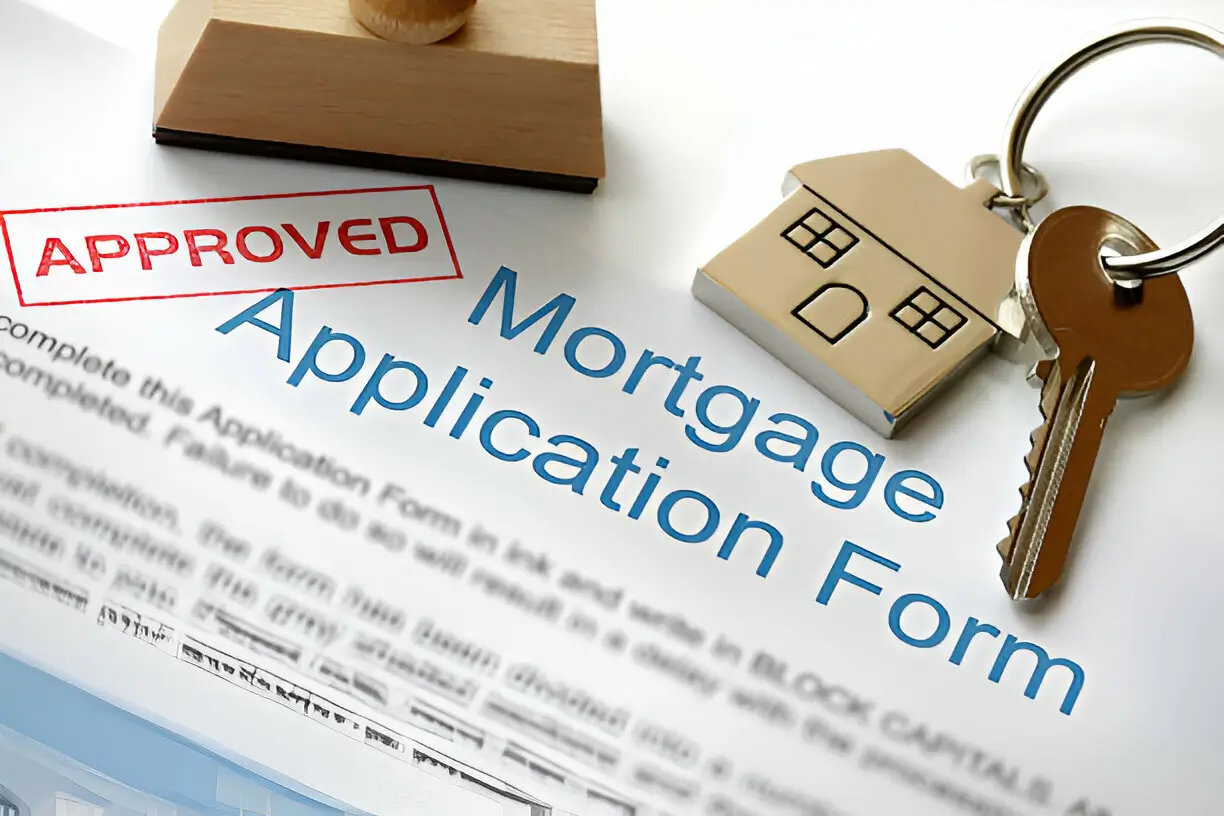Mortgage scams are a nightmare no homeowner wants to face. Scammers are getting more sophisticated, and falling for one could cost you your home. Want to know how to protect yourself? This guide will walk you through the common pitfalls and red flags to watch out for. Let’s dive in and make sure your dream home doesn’t turn into a financial disaster.
How to Avoid Common Mortgage Scams
Understanding Mortgage Scams
Mortgage scams are fraudulent schemes designed to trick homebuyers, homeowners, and real estate professionals. These scams can result in significant financial losses and even foreclosure. The key to protecting yourself is to be aware of the various types of scams and the tactics used by scammers.
Common Types of Mortgage Scams
Foreclosure Rescue Scams
Foreclosure rescue scams prey on homeowners struggling to make their mortgage payments. Scammers promise to save the home from foreclosure, often charging upfront fees for services that never materialize. In the worst cases, homeowners end up signing over their property to the scammer.
Loan Modification Scams
In a loan modification scam, fraudsters offer to negotiate better mortgage terms with the lender on behalf of the homeowner. They demand high fees upfront and then disappear without providing any service, leaving the homeowner in a worse financial position.
Equity Skimming
Equity skimming involves scammers convincing homeowners to sign over the deed to their property. The scammer then rents out the home, collects the rent, and fails to make mortgage payments, leading to foreclosure.
Fake Government Programs
Scammers create fake government programs or agencies, claiming they can help with mortgage assistance or refinance at lower rates. These fraudulent programs often ask for personal information or upfront fees, putting homeowners at risk of identity theft or financial loss.
Red Flags to Watch For
Upfront Fees
Legitimate mortgage assistance programs do not charge upfront fees. Be wary of any company or individual asking for money before providing services.
Pressure Tactics
Scammers often use high-pressure sales tactics to rush you into making decisions. Take your time and consult with a trusted advisor before proceeding with any mortgage-related offers.
Unsolicited Offers
Be cautious of unsolicited offers, especially those that seem too good to be true. Scammers often use unsolicited calls, emails, or letters to lure in victims.
Lack of Credentials
Verify the credentials of any company or individual offering mortgage assistance. Check with the Better Business Bureau and other relevant organizations to ensure they are legitimate.
Real-Life Examples
The Smith Family’s Foreclosure Nightmare
The Smith family was struggling to make their mortgage payments when they were approached by a company promising to save their home from foreclosure. After paying thousands in upfront fees, the company disappeared, leaving the Smiths on the brink of losing their home.
John’s Loan Modification Woes
John was offered a loan modification by a supposed mortgage expert. After paying a hefty fee, he never heard from the expert again, and his lender had no record of any modification requests.
Steps to Protect Yourself
Do Your Research
Before engaging with any mortgage assistance service, do thorough research. Look up reviews, check credentials, and consult with trusted financial advisors.
Use Government Resources
Utilize resources provided by legitimate government agencies like the U.S. Department of Housing and Urban Development (HUD) or the Consumer Financial Protection Bureau (CFPB) for assistance.
Get Everything in Writing
Always get terms and agreements in writing. This ensures you have a record of what was promised and can hold the service provider accountable.
Consult Professionals
Work with certified mortgage professionals and real estate attorneys to navigate complex mortgage issues. Their expertise can help you avoid scams and make informed decisions.
What to Do If You’ve Been Scammed
Report the Scam
Report the scam to the relevant authorities, such as the Federal Trade Commission (FTC) and your state’s attorney general. This can help prevent others from falling victim.
Seek Legal Advice
Consult with a legal professional to explore your options for recovering lost funds and protecting your property.
Educate Yourself
Stay informed about the latest scams and fraud tactics. Knowledge is your best defense against becoming a victim.
FAQs
What is a mortgage scam?
A mortgage scam is a fraudulent scheme designed to deceive homeowners, homebuyers, and real estate professionals. Scammers use various tactics to steal money or property from victims.
How can I identify a mortgage scam?
Look for red flags such as upfront fees, high-pressure tactics, unsolicited offers, and lack of credentials. Always verify the legitimacy of any service provider.
What should I do if I suspect a mortgage scam?
If you suspect a mortgage scam, report it to the Federal Trade Commission (FTC) and your state’s attorney general. Seek advice from a legal professional to understand your options.
Are there legitimate mortgage assistance programs?
Yes, there are legitimate mortgage assistance programs offered by government agencies like HUD and the CFPB. These programs do not charge upfront fees and have established reputations.
Can I recover money lost to a mortgage scam?
Recovering money lost to a mortgage scam can be challenging, but it’s possible. Report the scam, seek legal advice, and explore options for restitution through legal channels.
Avoiding mortgage scams requires vigilance and knowledge. By staying informed and cautious, you can protect yourself from falling victim to these fraudulent schemes. Remember, if something sounds too good to be true, it probably is. Stay safe and make informed decisions when dealing with your mortgage.






